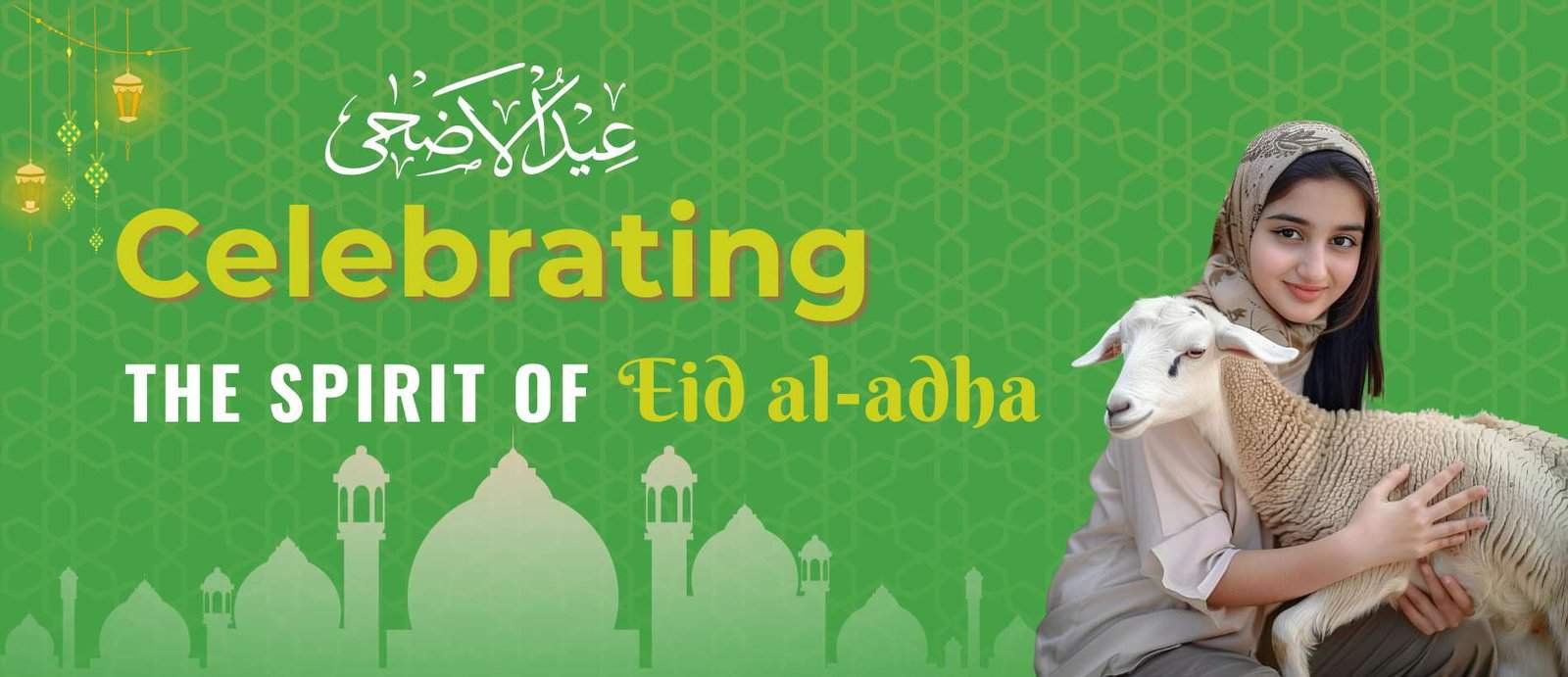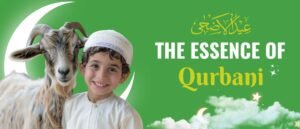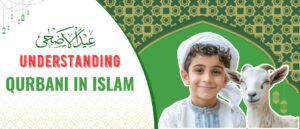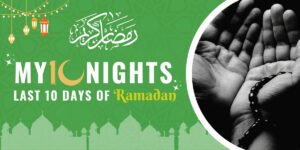
Spirit of Eid al-Adha embodies the essence of the Festival of Sacrifice, a significant Islamic holiday observed by millions globally. This festive event carries deep religious and cultural significance, honoring Prophet Ibrahim’s obedience to God in his willingness to sacrifice his son. Explore the rituals, traditions, and common inquiries surrounding this profound celebration in this article.
The Importance of Eid al-Adha
Eid al-Adha is deeply rooted in Islamic faith, highlighting the powerful story of Prophet Ibrahim’s steadfast devotion to God. It serves as a reminder of the importance of faith, sacrifice, and community unity.
According to Islamic tradition, God commanded Prophet Ibrahim to sacrifice his beloved son, Ismail, as a test of his faith. Despite his profound love for his son, Ibrahim was prepared to fulfill God’s command. However, God intervened at the last moment, replacing Ismail with a ram, symbolizing ultimate faith and obedience.
Eid al-Adha underscores the values of sacrifice and obedience in Islam. Muslims reflect on Prophet Ibrahim’s willingness to sacrifice his son, signifying their own readiness to forgo worldly desires for the sake of God. It reminds them to prioritize their faith and submit to God’s will.
Preparing for Eid al-Adha
Eid al-Adha is a time for spiritual reflection, self-purification, and acts of generosity. Muslims engage in various preparations leading up to the festival, fostering a sense of community and compassion.
In the days preceding Eid al-Adha, Muslims engage in introspection, seeking forgiveness for their shortcomings and repenting for their sins. They spend time in prayer, recitation of the Quran, and voluntary charity to purify their hearts and souls.
Generosity and charity are fundamental aspects of Eid al-Adha. Muslims are encouraged to give back to their communities and help those in need. Many individuals and families contribute a portion of their wealth as Zakat al-Fitr before the Eid prayers. This donation enables the less fortunate to partake in the festivities.
Additionally, it is customary for Muslims to engage in acts of charity by providing food, clothing, and other essential items to those in need. This spirit of giving strengthens community bonds and promotes compassion and empathy, especially during the festive season.
The Rituals of Eid al-Adha
Eid al-Adha is marked by specific rituals that Muslims perform to honor Prophet Ibrahim’s sacrifice and demonstrate their devotion to God. These rituals are observed with reverence and unity within the Muslim community.
The Congregational Prayer: A central feature of Eid al-Adha is the congregational prayer, known as Salat al-Eid. Muslims gather in mosques, outdoor prayer grounds, or large communal spaces to offer this special prayer. The prayer is led by an imam and includes specific supplications and recitations, fostering a unifying moment of worship and seeking blessings from God.
Animal Sacrifice (Qurbani): Another significant ritual of Eid al-Adha is the sacrificial offering, known as Qurbani. Muslims who can afford it sacrifice an animal, typically a goat, sheep, cow, or camel, following Prophet Ibrahim’s example. The sacrifice represents the willingness to give up something valuable for God’s sake. The meat is divided into three parts: one for the person offering the sacrifice and their family, one for relatives and friends, and one for the less fortunate members of the community.
Sharing and Distributing the Sacrificial Meat: Muslims share the sacrificial meat with their loved ones, neighbors, and those in need. This act of sharing symbolizes unity, generosity, and the importance of community welfare. It is customary to prepare delicious meals and distribute the meat among family, friends, and neighbors, fostering camaraderie and togetherness.
Spirit of Eid al-Adha Traditions Around the World
Eid al-Adha is celebrated with enthusiasm and unique cultural traditions globally. While the festival’s essence remains the same, the customs and festivities vary.
Muslims decorate their homes with colorful lights, banners, and ornaments to create a festive atmosphere. Traditional clothing is popular, with individuals dressing in their finest attire. The vibrant colors and traditional garments add to the celebratory spirit.
Food plays a central role in Eid al-Adha celebrations. Families and communities prepare a wide array of delectable dishes. Traditional recipes and local specialties are shared and enjoyed during festive meals. It is common for families to exchange dishes and sweets as gestures of goodwill and love.
Eid al-Adha is a time for strengthening familial and social bonds. Muslims visit their relatives, friends, and neighbors, exchanging greetings and well-wishes. It is a time of joyous reunions, where people come together to celebrate, share meals, and engage in lively conversations.







No comment yet, add your voice below!